Budget must prepare us for difficult times

For quite some time, ordinary citizens have been feeling the brunt of economic hardship due to rising prices and other external shocks, including job losses. Therefore, the fact that the economy has experienced one of the slowest growth rates this fiscal year since FY1990-91, excluding the first year of the pandemic, does not come as a surprise. Bangladesh's GDP grew by 3.97 percent—almost half the inflated growth rate projected by the Awami League government when it prepared the budget last year. Although the interim government has revised the projection to five percent, the current provisional estimate is closer to what the World Bank and the Asian Development Bank (ADB) has forecast: 3.3 and 3.9 percent, respectively.
The decline has been attributed mainly to the sluggish performance of the agriculture and service sectors, which respectively saw growth rates of 1.79 percent and 4.51 percent in the current fiscal year, compared to 3.3 percent and 5.09 percent in FY2023-24. While the prolonged floods last year impacted agricultural output, the stubbornly high inflation dampened wholesale and retail sales in the service sector. But thanks to the RMG industry, the industrial sector performed well despite political tensions, labour unrest, and factory closures, with growth increasing from 3.51 percent in FY2023-24 to 4.34 percent this year.
However, the outlook for the coming fiscal year does not raise spirits either, as global disruptive factors, including the imposition of US tariffs and Bangladesh's graduation from LDC status, present added challenges. Domestically, slumped investment, especially in the private sector, has failed to create job opportunities. In fact, according to the Centre for Policy Dialogue (CPD), 2.1 million jobs were lost in the first half of the current fiscal year. More concerningly, women accounted for the majority of those who lost their jobs. International factors, such as severe cuts in donor-funded projects in the NGO sector, played a part in this crisis.
Unfortunately, the steps taken by the interim government over the last nine and a half months—including banking reforms, attempts to encourage investment, and the splitting of the National Board of Revenue—have not yet delivered any positive results. In fact, the banking sector is still reeling from the heavy burden of non-performing loans and irregularities incurred during the Awami League era. Under these circumstances, the upcoming budget must reflect the government's plan to tackle rising unemployment, high inflation, and illicit financial outflows. At the same time, the marginalised, including those at risk of falling below the poverty line, must be supported with well-designed and expanded social safety net programmes. Incentives should also be provided to sectors that can generate substantive employment, with a special focus on the female workforce.
At the same time, we agree with economists that the interim government should soon declare a definite roadmap for the election considering that it would provide businesses, among other stakeholders, with the predictability they require for planning investments and economic activities. Last but not least, the law and order situation must be improved to reignite investor confidence and reaccelerate the economic wheel.

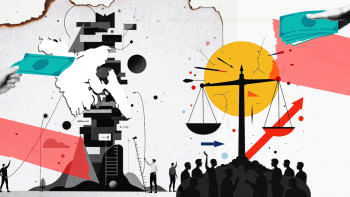
 For all latest news, follow The Daily Star's Google News channel.
For all latest news, follow The Daily Star's Google News channel. 
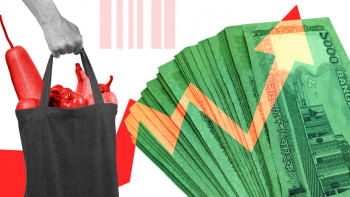


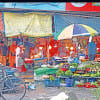





Comments